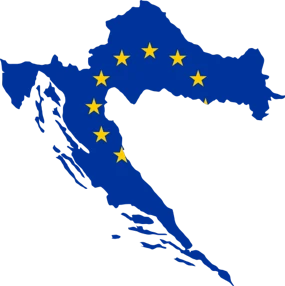Croatia adopts the euro – Economy Studies
Economy Studies, 2023
Croatia adopted the euro as its currency on 1 January 2023, becoming the 20th member state of the eurozone. In this teaching pack, students learn what it entails to join the eurozone and discuss what its effects might be. In this way, the case helps students connect theoretical insights about monetary unions with real world knowledge and economic developments in the news.
These teaching packs are designed for 30-minute (online or offline) sessions that can be included within any lecture or tutorial class. They are designed to be suitable for university students, but could easily be adapted for higher or lower levels. Every month, we will publish at least one exercise that you can use to engage your students with current events. The main aims of these exercises are to give students practice in relating economic ideas to the real world and their own lived experiences.
Newspaper articles or videos are used as the entry point to an economic topic, which is then expanded upon by the instructor before the students are broken into small groups to engage in an activity. This will help students to develop the skills required to work as economists in the real world, and all the materials you need are provided for you. These teaching packs are published as creative commons (CC BY) and can be freely used and adopted.
Comment from our editors:
This teaching material was designed by Economy Studies and is part of the "This Month in the Economy Exercises" series.

